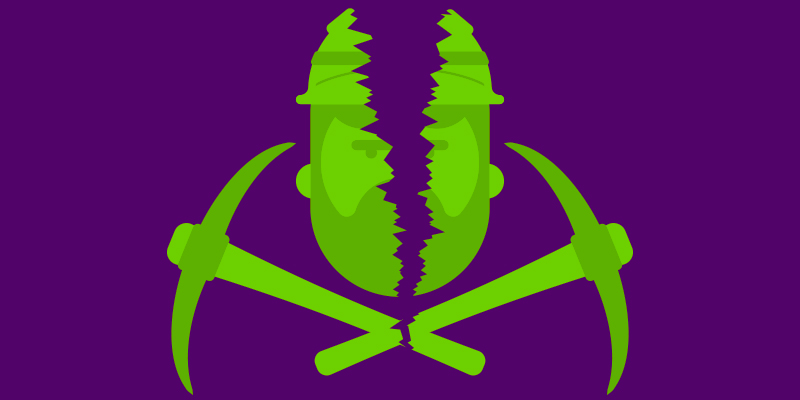Apple Bans All Cryptocurrency Mining Apps from App Store
Apple has made several policy changes over the last few days that will effectively ban all cryptocurrency mining features from apps in the App Store. This change comes not long after Apple removed an app called Calender 2, which silently began background mining for Monero but later reappeared without it’s mining functionality. Due to the relatively weak hardware found in Apple devices, it would take a considerable amount of time and processing power to make mining even the easiest currencies feasible.
Hackers Steal Payment Info from Major UK Retailer
This past week officials announced that Dixons Carphone, a large electronics retailer from the UK, suffered a major breach of their payment systems nearly a year ago. The identified systems contained payment data for nearly 6 million customers, though most were protected by the use of a chip-and-PIN authentication system. Additional customer information was also compromised, though the full extent of the fraud being committed with the stolen information is still unclear.
Spanish Soccer App Found Spying on Users
A new app has been circulating through the Android marketplace recently that appears to be a normal sports app, but requests access to the device’s microphone and GPS location to spy on unauthorized viewing of broadcast sports. While the creator of the app, Spain’s top-flight soccer league, has gone on to defend its actions based on the annual losses from illegally broadcasted games, the recent revelation has brought in thousands of 1-star reviews for the app which currently has over 10 million downloads.
Top-level Domains Contain Highest Danger Risks
With just over 1,500 top-level domains (TLDs) like .com, .biz, and .work currently registered, it seems surprising that most sub-domains were linked to some form of spam or malware distribution. The worst offender was the .men TLD which was discovered to have 55% of 65,000 sub-domains registered as “bad” within the last month. The main reason for this influx of spammers is the extremely low cost of purchasing within these TLDs. Most sub-domains are available for less than $1 and can be sold in massive quantities to anyone interested.
Unguarded Botnet Server Reveals 43 Million Email Addresses
Researchers have stumbled onto a command and control server belonging to a botnet that has been distributing both Trik and Gandcrab ransomware. The server itself contained over 2000 text files, each holding an average of 20,000 unique email addresses, likely being used to facilitate other email spammers. A total of 43.5 million unique addresses were found. While many of the emails are likely from other data breaches in the past, they span over 100 individual domains from countries around the world.






